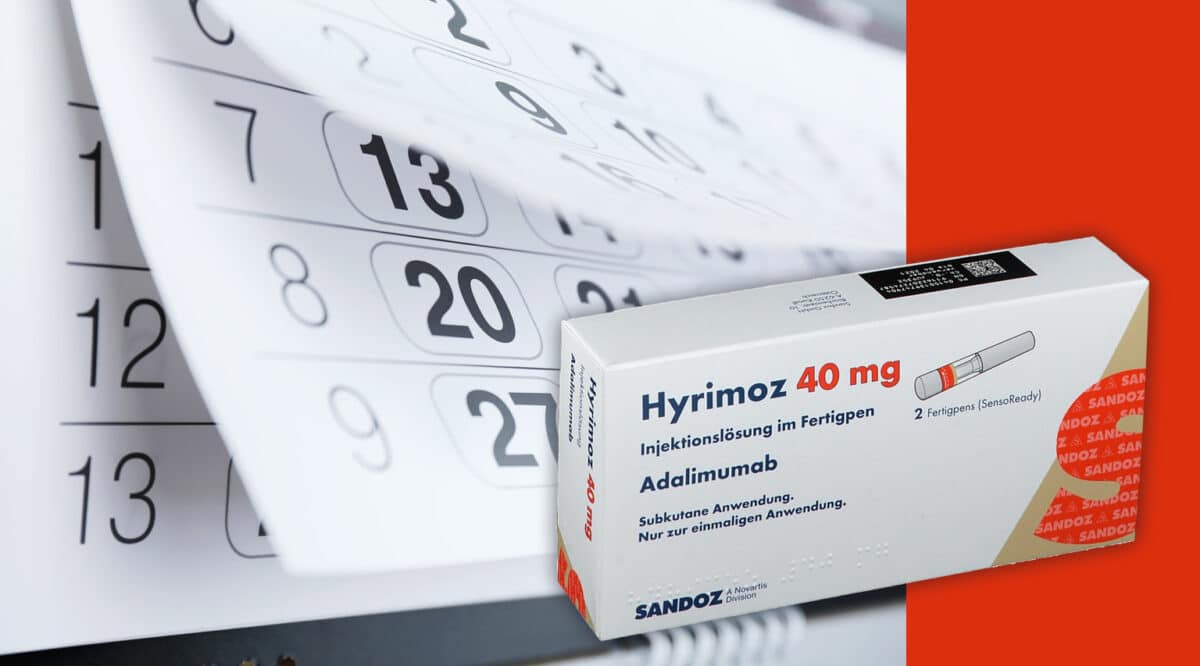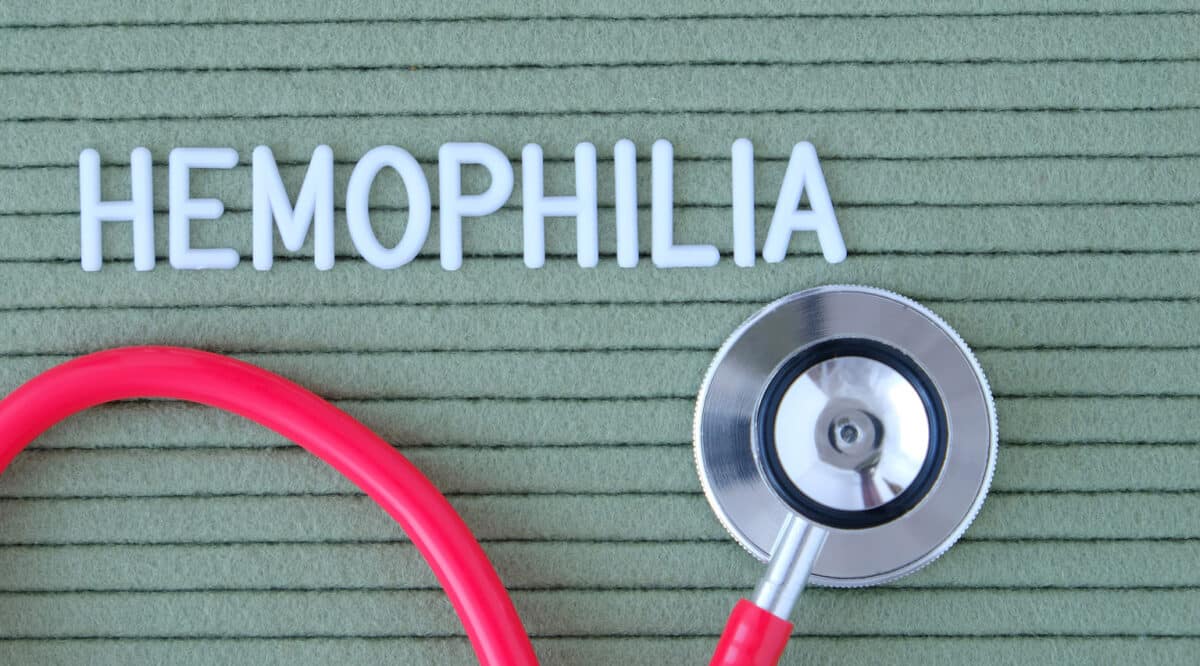Today we spotlight an article that details the leading healthcare services companies. While the information may be old news for many of you, it may be a blank page for a new hire.
Employees that understand where their industry fits in the economic…. and competitive…. scheme of things are likely to be better employees. So, this easy read article can be a good primer for those newbies as part of a package of their onboarding orientation.
The only criticism of the article that we feel compelled to offer is that specialty pharmacy is barely mentioned. Virtually all of these companies are in the top 10 largest SPs in the US. Employees in the specialty pharmacy industry should understand the important dynamics of being both a health services company and a SP in today’s marketplace.
CLICK HERE to access the complete article
———————————————————————————–
Top 10 Best Healthcare Services Companies In USA 2023
Healthcare services companies in the USA in 2023 are on the cutting edge of providing quality care and services to patients. With advances in technology, healthcare companies are able to offer more personalized treatments for a variety of conditions.
March 6, 2023
Companies such as Clearwater Diagnostics, One Health Solutions, and Proactive Care offer comprehensive solutions that include diagnosis, treatment, and prevention services. These organizations are focused on providing the best care available, with an emphasis on preventive care. In addition, they are also utilizing artificial intelligence (AI) to increase accuracy and efficiency in their services.
Additionally, they are also focusing on incorporating technology into their strategies to create data-driven insights. For example, Clearwater Diagnostics is utilizing machine learning to predict patient’s likely outcomes based on their health data. Finally, these companies are collaborating with other organizations to better understand how to meet customer needs and provide the best possible care.
All in all, healthcare services companies in the US in 2023 are innovating and creating solutions to make healthcare more accessible and efficient for everyone.
IMPORTANCE
Healthcare services companies in the USA will continue to be of great importance in 2023. In 2023, they will be essential partners in helping to improve the quality and efficiency of healthcare delivery. They will also play an important role in supporting public health initiatives, such as disease prevention and early diagnosis. Moreover, they will help develop innovative treatments and technologies that will help reduce costs and improve access to care.
As the US moves towards a more unified healthcare system, leading companies will be indispensable in providing the necessary expertise and resources. Additionally, they will need to keep up with the latest advancements in medical technology to ensure their services stay relevant and reliable.
In short, healthcare services companies will remain essential for delivering quality and cost-efficient care.
Here are 10 of the leading US healthcare services companies in 2023.
UnitedHealth Group – UnitedHealth Group is a diversified health and well-being company dedicated to helping people live healthier lives. The company offers a comprehensive portfolio of products and services through two distinct platforms: UnitedHealthcare, which provides health care coverage and benefits services; and Optum, which provides technology and information-enabled health services. UnitedHealth Group serves more than 130 million people worldwide, employing over 250,000 people across the globe.
UnitedHealthcare offers a full range of health plans and services, including Medicare and Medicaid plans, individual and family health plans, government plans, and employer plans. It also provides pharmacy benefit management services, behavioral health services, vision and dental coverage, international health insurance, worker’s compensation, and data analytics services.
Optum is an integrated services and technology platform focused on enhancing the quality, efficiency, and availability of healthcare services. It offers a broad suite of services that include clinical health services, data analytics, and business transformation. It has investments in clinically-integrated networks and analytics technology as well as specialty care provider organizations.
UnitedHealth Group has a strong presence in the U.S., with operations in all 50 states and Puerto Rico. It also has global locations in more than 30 countries, providing services to more than 100 million customers. Its total revenue for 2020 was $242.2 billion, showing steady growth since its founding in 1977. The company’s commitment to corporate social responsibility includes a focus on delivering better health outcomes, improving access to care, and making health care more affordable.
CVS Health – CVS Health is a leading healthcare company focused on making quality care accessible and affordable. The company operates more than 9,800 retail locations across the US, including pharmacies, retail clinics, specialty pharmacies, and infusion services.
CVS Health also provides a number of innovative services to help people manage their healthcare needs, such as mail order pharmacy services and MinuteClinics, a convenient walk-in clinic service. Through its innovative offerings, CVS Health is committed to helping people on their path to better health.
In addition, CVS Health is dedicated to making a positive impact in communities by supporting local organizations that provide access to health care and other social services.
CVS Health has been recognized for its commitment to community health initiatives and its corporate responsibility efforts, receiving awards from organizations such as the National Association of Board of Pharmacy and the American Heart Association.
AmerisourceBergen – AmerisourceBergen is a global healthcare services and solutions company. It operates in three distinct business segments—Distribution Services, Specialty Solutions, and Pharmaceutical Solutions. Distribution Services provides pharmaceuticals and other healthcare products to pharmacies, hospitals, and healthcare systems.
Specialty Solutions provides specialty pharmaceuticals and support services to oncology patients and physicians. Pharmaceutical Solutions offers technology-enabled pharmacy services, including medication management and medication therapy management.
AmerisourceBergen has been in business for over 30 years and is headquartered in Pennsylvania. As one of the largest pharmaceutical distributors in the United States, AmerisourceBergen serves more than 60,000 customers globally. The company employs approximately 18,000 associates worldwide. In addition, it is the largest independent wholesaler of pharmaceutical products in the world.
AmerisourceBergen has a commitment to helping patients get the medications they need. It strives to improve patient care by providing product availability, specialty pharmacy services, and purchasing programs that enable its customers to increase efficiencies. It also works with government agencies and pharmaceutical companies to ensure efficient distribution of medications and healthcare supplies.
AmerisourceBergen focuses on developing innovative value-added services for its customers. It offers a wide range of services, including supply chain optimization, patient access programs, therapeutic resource centers, and specialty patient services. The company also focuses on advancing industry standards and partnerships to help improve patient access and quality outcomes.
AmerisourceBergen’s commitment to corporate responsibility includes investing in communities and organizations dedicated to improving healthcare delivery and access. The company has received numerous awards for its contributions to healthcare and its commitment to social responsibility.
These awards include the Healthcare Supply Chain Leadership Award from the National Association of Wholesaler-Distributors, the Health IT Award from the American Medical Association, and the Corporate Citizenship Award from the U.S. Department of Health and Human Services.
McKesson Corporation – McKesson Corporation is a Fortune 5 healthcare services and information technology company based in San Francisco, California. Founded in 1833, McKesson has grown to become one of the world’s largest healthcare services companies, with operations in 25 countries around the world.
The company is organized into four major business units: McKesson US Pharmaceutical; McKesson Technology Solutions; McKesson Specialty Health; and McKesson Ventures.
McKesson US Pharmaceutical provides drug distribution, pharmacy management, and other services to healthcare organizations in the United States. The company operates a network of over 16,000 pharmacies, making it the largest pharmaceutical distributor in the United States. McKesson Technology Solutions provides software and IT services for healthcare organizations, including electronic health records (EHR), analytics, billing, and claims processing. McKesson Specialty Health is a provider of specialty pharmaceutical care and services. Finally, McKesson Ventures invests in promising healthcare companies.
In addition to its broad range of products and services, McKesson is committed to modernizing the healthcare system through technology. Through its innovative solutions, the company is helping to improve patient outcomes, reduce costs, and make healthcare more affordable. McKesson also works to support the greater health and wellbeing of people and communities around the world.
Walgreens Boots Alliance (WBA) – Walgreens Boots Alliance (WBA) is a global pharmacy-led, health and well-being enterprise. Founded in 1901, it operates the largest retail pharmacy chain in the United States and one of the largest in the world. WBA’s mission is to help people across the world lead healthier and happier lives through greater access to quality healthcare and pharmacy services.
The company is headquartered in Deerfield, Illinois and operates over 9,000 drugstores in 11 countries, mainly in Europe and North America. WBA owns and manages brands such as Walgreens, Boots, Duane Reade, and Alliance Healthcare.
It offers a wide range of products including prescription drugs, over-the-counter medications, beauty products, health and wellness items, and convenience foods. WBA also offers healthcare services such as vision, travel health insurance, diabetes management, and health coaching.
The company has invested heavily in digital transformation, launching mobile apps and creating an integrated customer experience across its channels. WBA is committed to helping people live healthier lives and supporting local communities by providing accessible healthcare services and resources.
Cardinal Health – Cardinal Health is a Fortune 500 healthcare services and products company headquartered in Dublin, Ohio. The company provides medical and pharmaceutical products and services to over 100,000 locations including hospitals, pharmacies, physician offices, and more.
A new Cardinal Health report examines shifts in biosimilars industry
Cardinal Health has been providing medical and healthcare products and services since 1979 and employs around 33,000 people across its worldwide operations.
Cardinal Health’s portfolio includes a full range of products and services that support the entire continuum of care. These include medication management, supply chain solutions, laboratory and pharmacy automation, diagnostic imaging, home health care, nutrition, dialysis, and other clinical products. Additionally, Cardinal Health provides consulting services and educational programs to help customers deliver better patient outcomes.
The company is committed to improving healthcare access, quality and efficiency through innovative, custom-focused solutions. Cardinal Health seeks to improve the safety, quality and cost effectiveness of healthcare through the development of clinical and technology solutions for providers, payers and patients.
Through their integrated enterprise, Cardinal Health works with manufacturers and healthcare providers to streamline processes, reduce costs and create efficiencies, ultimately helping healthcare providers deliver the best possible care to their patients.
Cardinal Health is also deeply invested in community health initiatives. The company supports organizations dedicated to delivering better healthcare to underserved populations, providing financial and resources support to those in need. In 2017, the company donated $24 million to various charities and is committed to making a difference in global health.
Humana – Humana is a Fortune 500 company that offers healthcare services to individuals, employers, and the government. Founded in 1961, it has grown to become one of the largest providers of health coverage in the United States. The company provides medical insurance plans, including Medicare and Medicaid services, as well as behavioral health and pharmacy services.
Humana also offers preventive care services, such as screening for chronic diseases, vaccinations, and lab tests. Its goal is to improve people’s overall health and well-being. Through its various programs, Humana seeks to help members access quality healthcare, stay healthy, and support their families. The company uses innovative technologies and data analytics to provide personalized solutions for its members.
Additionally, Humana strives to create positive social impact through initiatives that support diversity and inclusion, health equity, and environmental sustainability. With over 13 million members across the U.S., Humana is committed to providing innovative, high-quality healthcare services and improving the lives of the people it serves.
Optum – Optum is a healthcare technology and services company based in the United States. The company was founded in 2011 and is a subsidiary of UnitedHealth Group. Optum operates in three main segments: OptumHealth, OptumInsight, and OptumRx.
OptumHealth focuses on delivering patient-centered, integrated care management services, including clinical care management, behavioral health services, and consumer engagement programs. OptumInsight provides data analytics, technology, and consulting services to healthcare providers, payers, and life sciences companies to help them optimize their operations, improve quality of care, and reduce costs.
OptumRx is a pharmacy benefit management company that provides prescription drug benefit programs to employers, health plans, and government agencies.
Optum has a global presence, serving customers across the healthcare industry, including hospitals, physicians, health plans, life sciences companies, and government agencies.
The company has a strong commitment to innovation and invests heavily in research and development to drive healthcare transformation. Optum is also committed to social responsibility and has launched several initiatives to promote health equity and access to care for underserved communities.
In 2020, Optum reported revenues of $136 billion and employed over 300,000 people worldwide. The company is recognized as a leader in the healthcare industry and has received numerous awards for its innovation, culture, and commitment to social responsibility.
Centene Corporation – Centene Corporation is a healthcare enterprise based in the United States. The company was founded in 1984 and is headquartered in St. Louis, Missouri. Centene operates in the healthcare services sector, with a focus on providing managed care and related services to individuals receiving healthcare benefits.
The company offers a wide range of healthcare services, including Medicaid, Medicare, health insurance marketplace, and commercial healthcare plans. Centene also provides specialty services such as behavioral health, pharmacy benefit management, and telehealth services. The company serves over 25 million individuals in all 50 states and internationally, primarily through government-sponsored healthcare programs.
Centene is committed to improving access to quality healthcare services and reducing healthcare disparities. The company has launched several initiatives aimed at addressing social determinants of health, such as housing, food security, and transportation. Centene has also made significant investments in technology and innovation to improve the delivery of healthcare services and enhance patient outcomes.
In 2020, Centene reported revenues of $111.1 billion and employed over 70,000 people worldwide. The company is recognized as a leader in the healthcare industry and has received numerous awards for its innovation, corporate social responsibility, and commitment to diversity and inclusion.
Express Scripts Holding Company – Express Scripts Holding Company is a pharmacy benefit management company based in the United States. The company was founded in 1986 and is headquartered in St. Louis, Missouri.
Express Scripts provides a variety of services related to prescription drug benefits, including mail-order pharmacy services, specialty pharmacy services, and clinical programs designed to help patients manage chronic conditions.
Express scripts to drop customized drugs coverage
The company operates in a highly regulated industry and works closely with healthcare providers, payers, and pharmaceutical manufacturers to help manage the cost and quality of prescription drug benefits. In addition to its core pharmacy benefit management services, Express Scripts also provides data analytics, consulting, and other related services.
Express Scripts has grown significantly over the years through a combination of organic growth and acquisitions. In 2018, the company was acquired by Cigna, a global health services company, in a transaction valued at $67 billion. Today, Express Scripts operates as a subsidiary of Cigna and continues to be a major player in the pharmacy benefit management industry, serving millions of patients across the United States.
CONCLUSION
In 2023, the healthcare services industry in the US is expected to experience significant growth. The Affordable Care Act and other health reform measures have increased demand for health services, while technological advances are allowing greater access to quality care.
These developments have bolstered the business of healthcare services companies, providing opportunities for expansion in areas such as telemedicine, remote monitoring, mHealth apps, and AI-driven solutions. Furthermore, a growing aging population and changes to reimbursement models will continue to drive the industry’s growth over the next few years.











